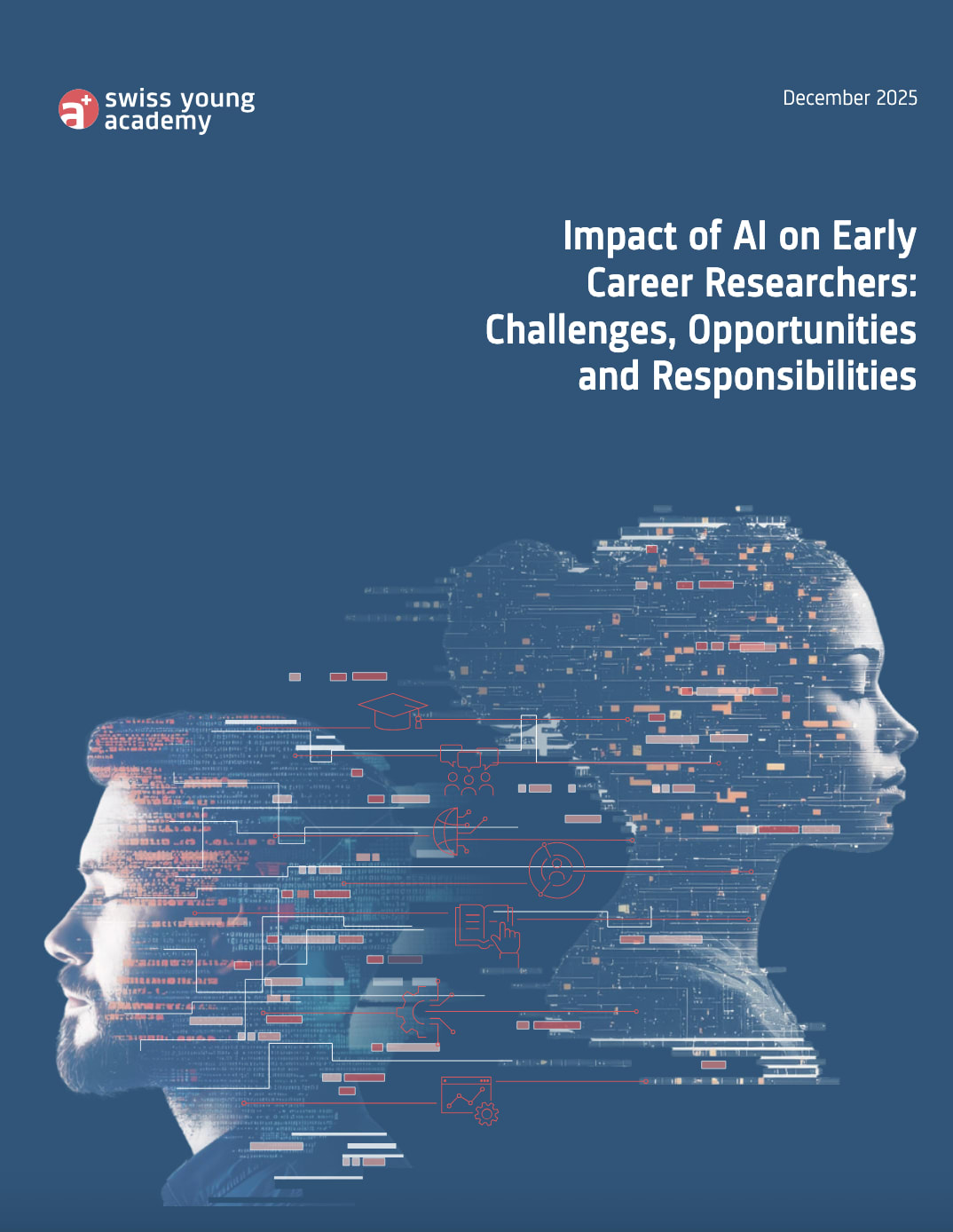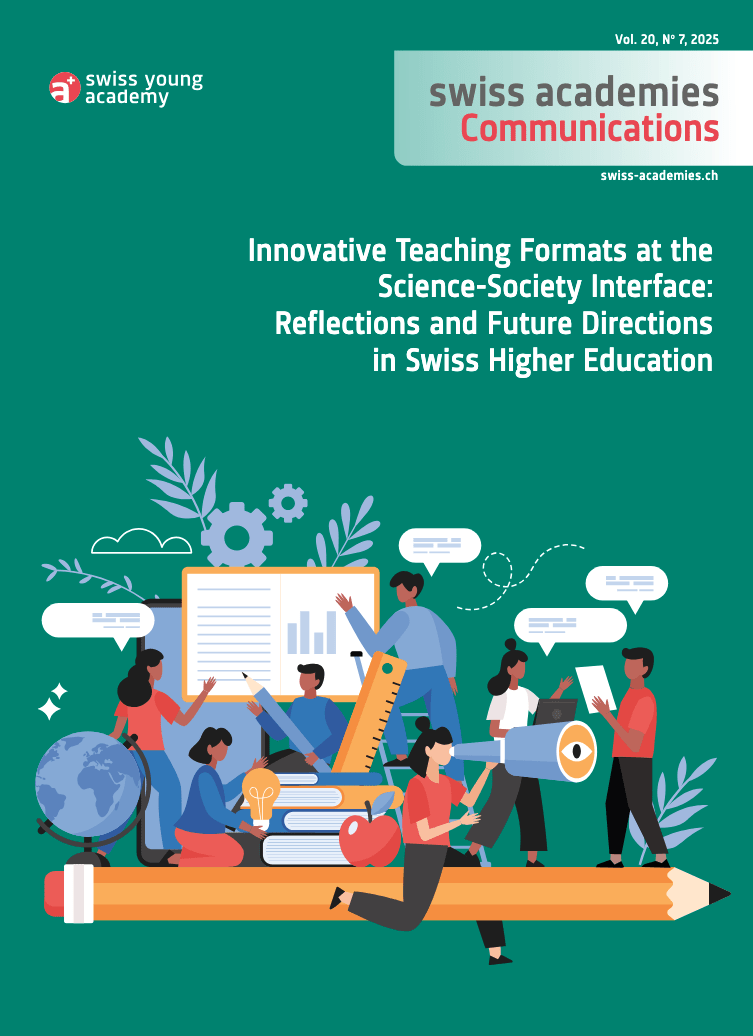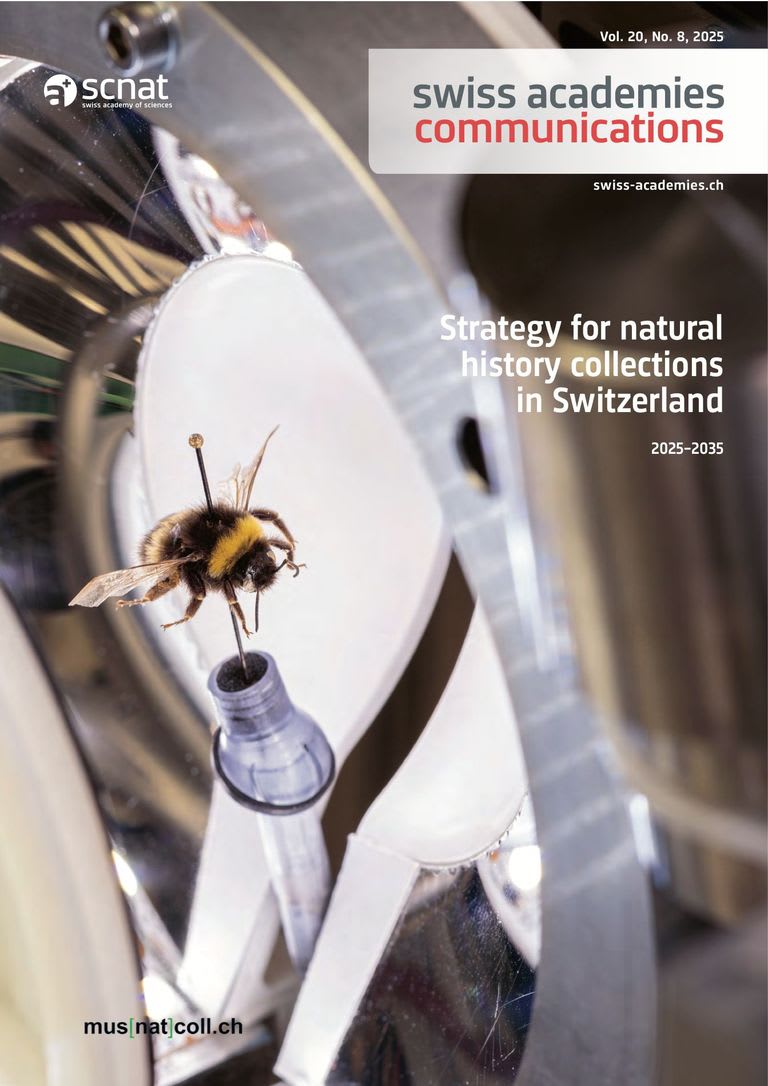Swiss Academy of Sciences SCNAT
Guidelines to Conflict Sensitive Research
SWISS ACADEMIES COMMUNICATIONS, VOL. 15. NO 5, 2020
Doing research in contexts in which there is conflict is crucial. But how do you best conduct research in conflict-affected contexts? These guidelines are designed for all levels of researchers – from research student to professor – who conduct research in settings that are affected by conflict. The guidelines take you through 9 steps of a research cycle and point your attention to critical and sensitive aspects of research in and on conflict.
Adopting a conflict sensitive approach to research helps to understand the interaction of research with multiple layers of overt or latent conflicts. The interaction of research and conflict context effects what is being researched, how research is carried out, and the knowledge that is thus produced. The guidelines were developed in close collaboration with swisspeace and in close interaction with researchers, funders and people working in international cooperation.
Ursina Bentele (2020) Guidelines to Conflict Sensitive Research. Swiss Academies Communications 15 (5). DOI: https://doi.org/10.5281/zenodo.3601000




